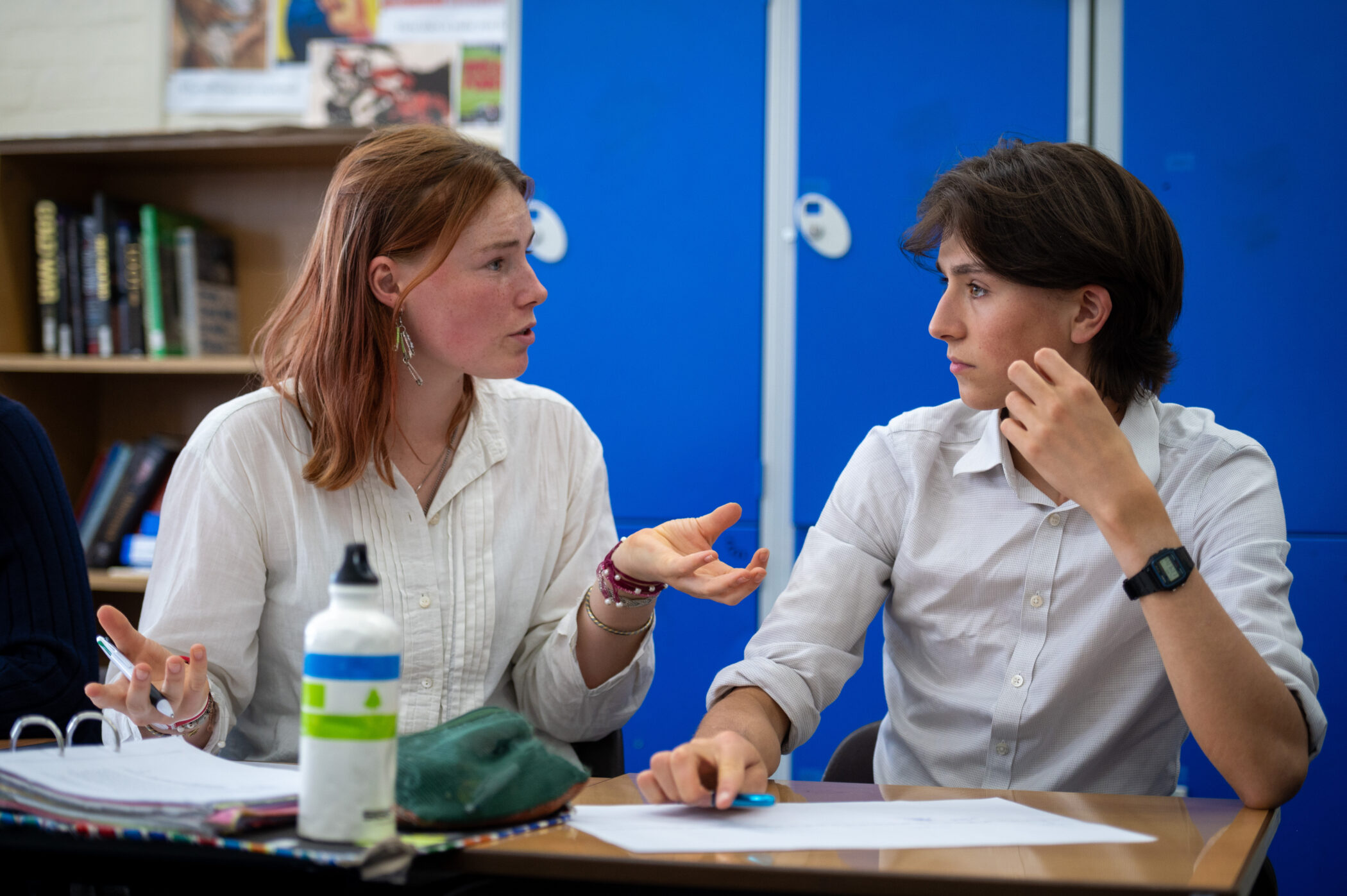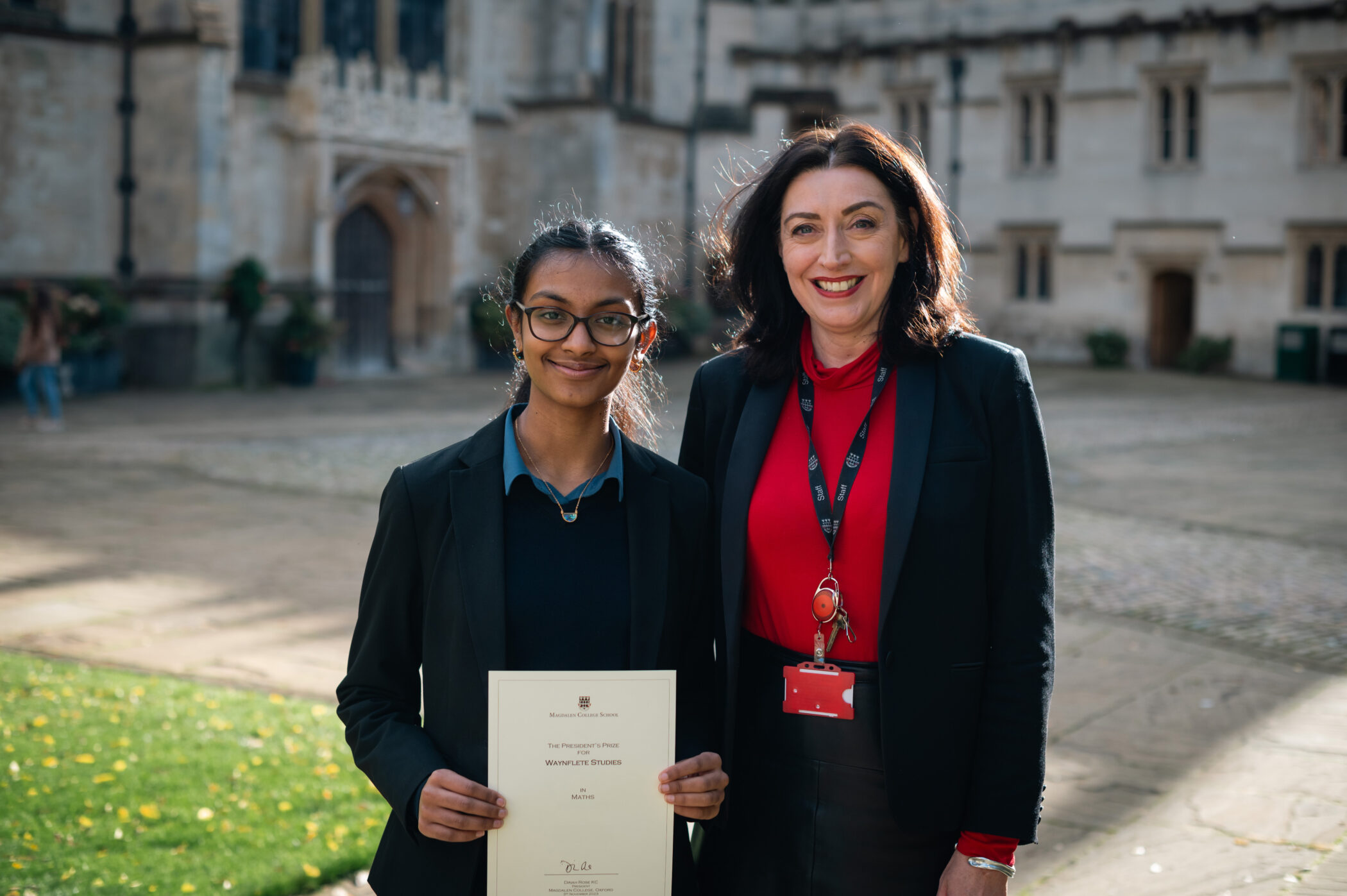A-level Geography
“Where we come from, what we do, what we eat, how we move about and how we shape our future are all directly the province of the geographer. More than ever we need the Geographer’s skills and foresight to help us learn about the planet – how we use it and how we abuse it” – Michael Palin
There are few other subjects which can claim to have such direct relevance to what is happening in the world today: helping you understand conflict in Syria, the impact of Brexit and EU migration, the consequences of Hurricane Irma and other natural disasters, Catalan separatism, fracking, city growth, global poverty… the list is endless. There is an excellent blend of the more traditional elements with plenty of depth to really understand the topics, along with some very contemporary units that will help you make sense of the world today.
Course content L6
Changing Spaces-Making Places
- What constitutes the identity of a place?
- How can the identity of a place be affected by shifting flows, people, film, music or photography?
- How are places affected over time by globalisation, deindustrialisation or rebranding?
Coastal Landscapes
- Coasts as a system, inputs and key processes.
- Low and high energy coasts and how coastal landscapes evolve over time.
- How can human activity cause change in the coastal system and how can it be sustainably managed?
Earth’s Life Support Systems
- How important are water and carbon to life on earth?
- Arctic tundra and the tropical rainforest – the importance of global ecosystems.
Migration
- Who is moving? Where from? Where to? Why?
- Why have flows of people become more complicated?
- What are the issues with migration? Is it good for the UK?
Individual Investigation
An individual, but supported, investigation based on primary data collection which can relate to any part of the specification. Your starting point will be fieldwork in the L6th with the main focus of your work in the Trinity term and over the summer holiday.
Fieldwork*
There will be a 4-day residential field trip in the L6th. Based in South Devon, we will study Plymouth, structural change and regeneration, forest ecosystems and carbon calculation, coastal systems and sediment transport in Start Bay, infiltration and the water cycle in the Lemon valley. In the U6th there will be a day trip to London. An optional extra trip occurs during February half-term. Previously we have travelled to Cuba, Iceland and Belfast.
* Please note that there is a charge for field trips, which amounts to 50% of their cost. If the cost of a field trip presents issues, please contact the Bursar in the first instance, as in some cases financial assistance may be available.
Curricular development
There are a number of lectures we attend in Oxford (usually 4-6 a year) presented by the Oxford Geographical Association. There is also a school-based Geography Society and a Sixth Form Reading Group. Students also regularly enter the Young Geographer of the Year competition and most receive the journal ‘Geography Review’.
Course content U6
Hazardous Earth
- Volcanic hazards – why do eruptions vary in style and impact around the world? Is the volcanic hazard changing?
- Earthquake hazards – do they disproportionately affect people in LIDCs?
- How can we mitigate against tectonic hazards?
- Are tectonic hazards natural or are they a human hazard?
Disease
- What are the global patterns of disease?
- How have major infectious diseases such as HIV or Ebola affected countries around the world?
- How are communicable and non-communicable diseases managed?
- Can we eradicate disease? Do TNCs play a role?
Power and Borders
- What is sovereignty and territorial integrity?
- What are the challenges to sovereignty? What are the causes of contemporary conflict?
- How does global governance play a role in conflict? Can conflict be moderated or avoided? Do interventions from government, the UN and NGOs work to resolve conflict?
- How does conflict affect people and place in different locations around the world?
Examination arrangements
Physical Systems
- Landscape Systems, Earth’s Life Support Systems, Geographical Skills
- Written exam: 90 minutes; 66 marks, 22% of A-level
Human Interactions
- Changing Spaces; Making Places, Global Connections, Geographical Skills
- Written exam: 90 minutes; 66 marks, 22% of A-level
Geographical Debates
- Disease Dilemmas, Hazardous Earth
- Written exam: 150 minutes; 108 marks, 36% of A-level
Independent Investigation
- 60 marks, 20% of A-level
- Marked by teachers, moderated by OCR
| Suggested preparation | ||
| Cresswell, Tim | Place: An Introduction (Second Edition) | Chapters 1-4 most useful |
| Kosser, Khalid | International Migration: A Very Short Introduction | |
| University of New Hampshire | An Introduction to the Carbon Cycle | |
| Further inspiration | ||
| Marshall, Tim | Prisoners of Geography | Chapters 5 & 10 |
| Dodds, Klaus | Geopolitics: A Very Short Introduction | |
| Dodds, Klaus & Woon, Chih Yuan | Global Governance | From An Introduction to Human GeographyFourth Edition (P Daniels et al.) |
| Frances, Peter & Oppenheimer, Clive | Volcanoes | |
| Goudie, AS | Human Impact on the Natural Environment: Past, Present and Future |
|
| Masselink, G & Hughes, MG | Introduction to Coastal Processes and Geomorphology | |
 MCS ranks among the top independent secondary schools, and in 2024 was awarded Independent School of the Year for our contribution to social mobility.
MCS ranks among the top independent secondary schools, and in 2024 was awarded Independent School of the Year for our contribution to social mobility.

 28 of our pupils achieved 10 or more 8 or 9 grades in 2024.
28 of our pupils achieved 10 or more 8 or 9 grades in 2024.
 In 2023-24, MCS received over £448,000 in donated funds.
In 2023-24, MCS received over £448,000 in donated funds.

